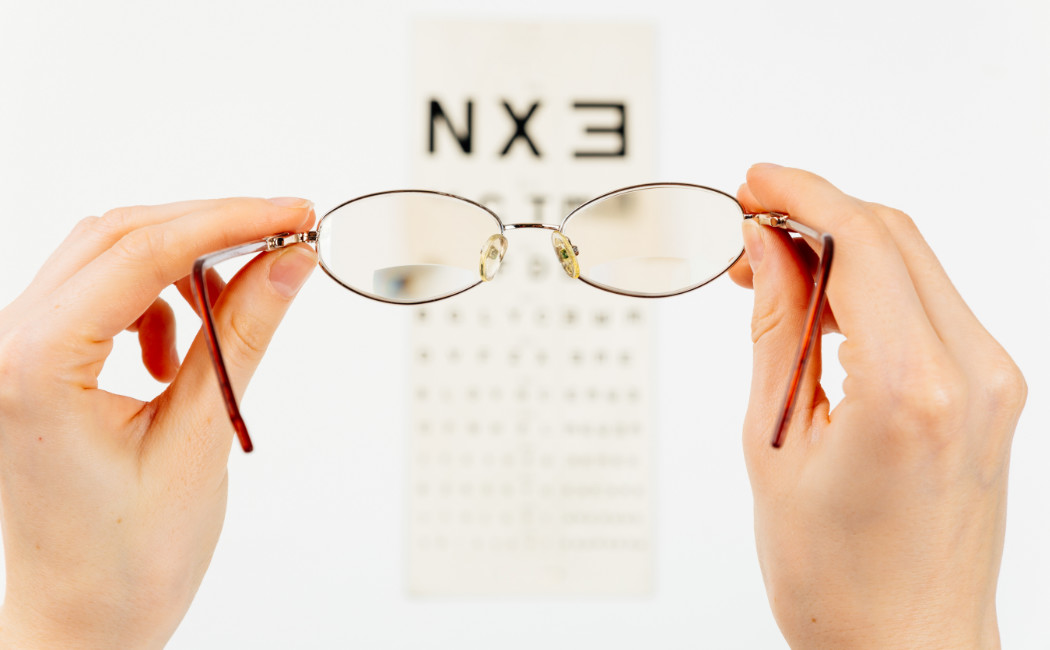
Floaters
Floatersare small dots that move around inside many people's field of vision.
They can come in many forms (lines, circles, spiders' webs) and they always move toward the area we are looking at.
They are more easily detected when a person looks toward a well-light, light-coloured background such as the sky or a sunlit, white wall.
What produces them?
Floaters are tiny specks that float inside the vitreous humour. The vitreous humour is a gelatinous, transparent liquid that fills the back of the eye. Under normal conditions it is anchored to the retina, which forms the walls of the ocular fundus (back of the eye).
As we get older, little by little the vitreous humour shrinks and breaks away from the retina.When it is completely separated, we have what ophthalmologists term a vitreous detachment (not to be confused with a retinal detachment). The vitreous humour is then loose and this is generally associated with the appearance of floaters.
It is a very frequent phenomenon on people over the age of 50, but it may also appear in younger people, above all if they suffer from myopia. For most people vitreous detachment is a phenomenon without repercussions.
Nevertheless, in some less frequent cases, when it becomes detached it make provoke tractions, retinal breaks or even bleeding which may be of greater importance, as they may give rise to a retinal detachment.
When should we consult a specialist?
Those people who notice the sudden appearance of new floaters that were not previously present or if these are accompanied by flashing lights or shadows in their peripheral vision, should consult a specialist.
The ophthalmologist will dilate the pupil to examine the areas on the retina in which early breaks may appear.
How are they treated?
Floaters do not require treatment.
They may sometimes become bothersome when reading; if this were the case we can remove them from our visual axis by looking up and down so that spirals are formed in the vitreous which drive them from our field of focus.
It may be necessary to undergo prophylactic laser treatment only in those cases where the ophthalmologist detects an associated retinal problem.
